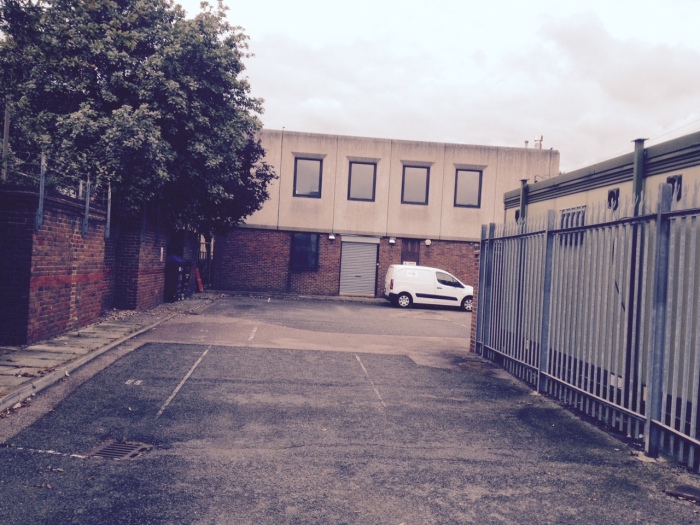
A south-east London resident who collects emergency supplies for Trussell Trust foodbanks is calling for a campaign for a “mini foodbank” on every street.
Local residents have donated food and other items to Peter Cordwell (@Dimwot), a former newspaper editor aged 69, for about three years. He and his wife Sandra pass on the food to two foodbanks in Kidbrooke and Sidcup.
He said many more street collections similar to his in Pitfold Road in Lee were required, “as I think we are going to see more need out there”. Those who see a requirement for more support for those unable to feed themselves or their families “need to do practical things” to address the situation, according to Mr Cordwell. He added. “It would be great if there was a mini foodbank on every street.”
What first got him interested in collecting items for foodbanks? “It just seemed like a very simple lovely idea. People who were donating were saying ‘well this is what we are doing – this is what we believe in’.”
His recent political affiliations were also a motivation. “Politically I’m a new member of the Labour party. There are 600,000 of us – being ignored by the Blairites and all the rest of them as irrelevant. My view is that to oppose the right Labour needs to be much more community orientated so that they win people over through their community work. Things like this are one way of doing it.”
Does he ever feel angry about the need for him to collect food for people who can’t afford to buy it? “It’s a kind of anger, but there’s no real point in anger, is there? I’d much rather get on with doing stuff about it.”
But one local man believes a much more widespread and organised approach to community food collection could let government off the hook. Ray Woolford operates We Care – an independent foodbank – and is a member of Lewisham’s left-wing People Before Profit. He said: “We Care only operates as an emergency food bank and runs food and kids clubs during the holidays. I’m not in favour of the rise in foodbanks when it is clearly a failure of the government, who clearly think that whatever they do , the good spirit of the public will offer social services for free .”
What do you think? Demand for foodbanks isn’t going to go away soon. So is there a role for citizens to step in more here?
Or is it the job of government in a first world place such as the UK to ensure state benefits are set at a level that ensures no-one starves? Views are welcome here and to Peter Cordwell @Dimwot and @Raywoolford

